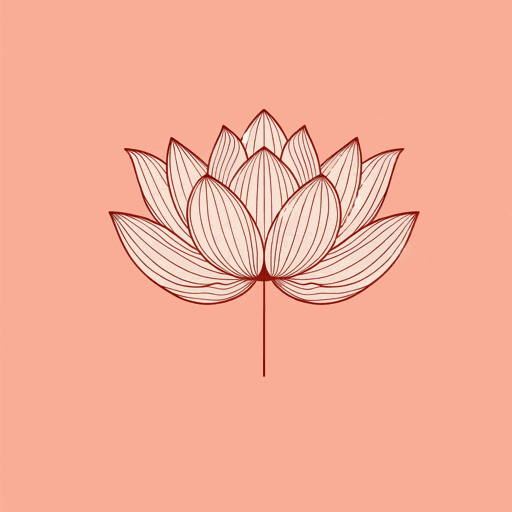61 pages • 2 hours read
Jung ChangWild Swans: Three Daughters of China
Nonfiction | Biography | Adult | Published in 1991A modern alternative to SparkNotes and CliffsNotes, SuperSummary offers high-quality Study Guides with detailed chapter summaries and analysis of major themes, characters, and more.
Chapters 16-18Chapter Summaries & Analyses
Chapter 16 Summary: “‘Soar to Heaven, and Pierce the Earth’: Mao’s Red Guards (June-August 1966)”
Chang writes that to achieve maximum fear among the “capitalist-roaders” (Party officials) and “reactionary bourgeois authorities” (professionals, intellectuals, etc.), Mao needed something akin to a private army. He found it in China’s youth. In the summer of 1966, millions of young people, many of them teenagers, joined Mao’s Red Guards. Abuse of teachers intensified. Acting under the Cultural Revolution Authority’s broad mandate, the Red Guards unleashed terror and violence against everything “old”—"old ideas, old culture, old customs, and old habits” (288). House raids became commonplace. Much of China’s culture, including books, paintings, and centuries-old artifacts, was destroyed.
Intoxicated by their newfound power, Mao’s Red Guards behaved like a paramilitary organization with one objective: to destroy. Children redirected traffic in Chengdu (Why should “revolutionary” red mean “stop”?). Roving bands of Red Guards shut down restaurants and other “decadent” establishments (294). Chang herself, not yet 14 years old, participated in the forced shuttering of a local teahouse, the sort of place which, in saner times, she would have loved to frequent.
Predictably, just as Mao had turned one segment of the population against others, the Red Guards now began to turn against their peers.

